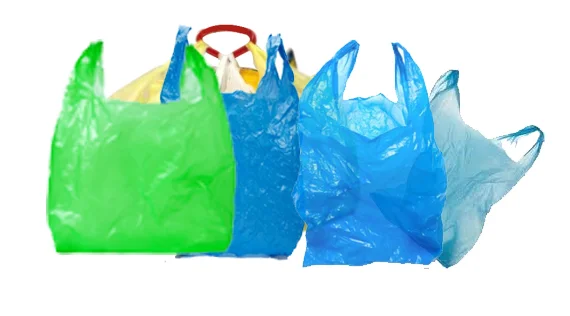
SEATTLE (Scrap Monster): In a breakthrough for sustainable recycling, researchers led by Professor Kyung-Jin Kim of Kyungpook National University, in collaboration with CJ CheilJedang, have developed the world’s most efficient biocatalyst for breaking down polyethylene terephthalate (PET) plastics.
The Ministry of Science and ICT announced the achievement on January 2, highlighting its potential to revolutionize plastic recycling.
The research, supported by the ministry’s advanced bio-medical technology initiative, was published in the prestigious journal Science on the same day.
A New Frontier in Plastic Recycling
Dubbed Kubu-P, the biocatalyst targets PET plastics used in products like bottles, clothing, takeout cups, and car mats. Unlike traditional mechanical and chemical recycling methods, the enzyme selectively breaks down PET into pure components without significant environmental impact.
This biological approach ensures high-quality recycled materials, addressing a critical issue in current recycling practices where degraded plastics are often incinerated or landfilled.
The researchers further enhanced the enzyme through protein engineering, creating Kubu-PM12, a variant capable of decomposing 90% of 1 kilogram of PET within eight hours using just 0.58 grams of the enzyme—a performance that sets a new global standard.
Addressing the Limitations of Conventional Recycling
Mechanical recycling methods, which involve shredding and melting plastics, often result in inferior-quality materials. Chemical recycling, while more effective, has limitations due to contamination and environmental risks. The new biocatalyst offers a cleaner, more efficient alternative, even for contaminated plastics that were previously unrecyclable.
Transforming the Recycling Landscape
Professor Kim emphasized the significance of the discovery, calling biological recycling a “game-changing technology” for achieving permanent recycling of plastics. “This study showcases the immense potential of nature’s capabilities and paves the way for innovations across various chemical industries,” he said.
With its groundbreaking performance and environmentally friendly approach, this biocatalyst marks a significant step toward addressing the global plastic waste crisis. It could also inspire further advancements in biotechnological solutions for sustainability.
Courtesy: www.koreabizwire.com



| Copper Scrap View All | |
| Alternator | 0.42 (0) |
| #1 Copper Bare Bright | 4.35 (-0.04) |
| Aluminum Scrap View All | |
| 356 Aluminum Wheels (Clean) | 0.83 (0) |
| 6061 Extrusions | 0.73 (0) |
| Steel Scrap View All | |
| #1 Bundle | 360.00 (0) |
| #1 Busheling | 380.00 (0) |
| Electronics Scrap View All | |